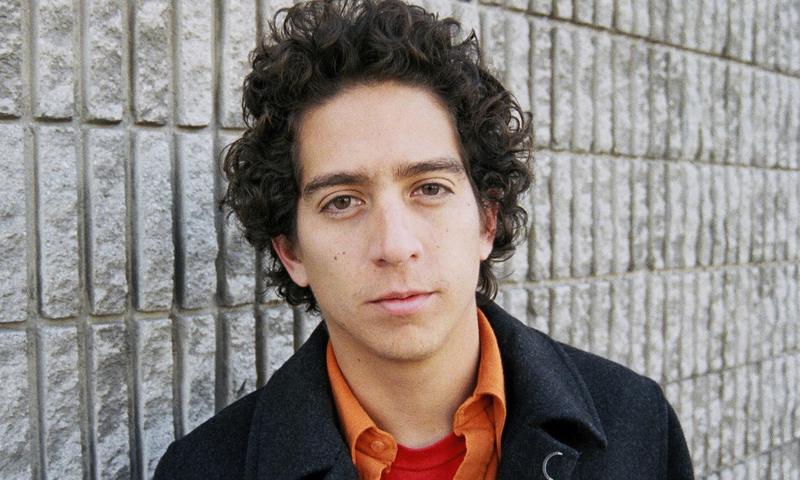
except from At Night We Walk in Circles
DURING THE WAR—which Nelson’s father called the anxious years—a few radical students at the Conservatory founded a theater company. They read the French surrealists, and improvised adaptations of Quechua myths; they smoked cheap tobacco, and sang protest songs with vulgar lyrics. They laughed in public as if it were a political act, baring their teeth and frightening children. Their ranks were drawn, broadly speaking, from the following overlapping circles of youth: the longhairs, the working class, the sex-crazed, the poseurs, the provincials, the alcoholics, the emotionally needy, the rabble-rousers, the opportunists, the punks, the hangers-on, and the obsessed. Nelson was just a boy then: moody, thoughtful, growing up in a suburb of the capital with his head bent over a book. He was secretly in love with a slight, brown-haired girl from school, with whom he’d exchanged actual words on only a handful of occasions. At night, Nelson imagined the dialogues they would have one day, he and this waifish, perfectly ordinary girl whom he loved. Sometimes he would act these out for his brother, Francisco. Neither had ever been to the theater.
No comments:
Post a Comment